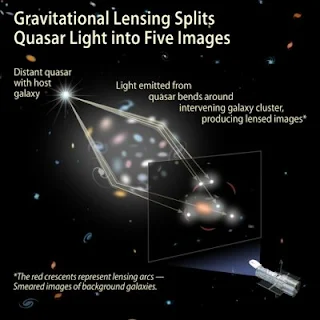We've all been there – you're in the middle of a crucial task, and your mouse decides to give you grief with its sticky scroll wheel. Frustrating, right? This issue isn’t just a minor inconvenience; it can disrupt your workflow and test your patience. While many of us resort to the usual fixes like reconnecting the mouse, changing ports, or even switching to Bluetooth mode, these solutions often fall short. The good news? There’s a surprisingly simple fix that doesn’t require any tech wizardry or dismantling of your mouse. Enter: silicone spray.
Sticky Wheel and Screen Stutter
The mouse is known for its sleek design and functionality, but many users, including myself, have encountered a persistent problem: the sticky scroll wheel. It stutters, making the screen movement frustratingly sticky.
- Impact on Workflow: The sticky wheel disrupts smooth scrolling, hampering productivity.
- Annoyance Factor: Every scroll feels like a struggle, testing your patience.
- User Experience: The overall user experience plummets, causing irritation and dissatisfaction.
- Commonality: This issue seems to be widespread, affecting many users globally.
Troubleshooting Steps Attempted
Before stumbling upon the ultimate fix, I tried several troubleshooting steps, each promising but ultimately failing to resolve the issue:
- Resetting the Mouse Connection: Attempted to reset and re-pair the mouse several times.
- Changing Ports: Switched USB ports, hoping it was a connection issue.
- Bluetooth Mode: Switched to Bluetooth mode, bypassing USB altogether.
- Different Computers/OS: Tested the mouse on different computers and operating systems.
- Battery Change: Replaced batteries multiple times, thinking it might be a power issue.
DIY Fix with Silicone Spray
So, if the usual methods don’t work, what’s the solution? Silicone spray. This might sound unconventional, but it’s a game-changer. Here’s how you can resolve the sticky wheel problem with just a few simple steps.
Silicone spray is a lubricant that can reduce friction and eliminate stickiness in mechanical components. It’s easy to use and doesn’t require disassembling your mouse.
Step-by-Step Guide to Applying Silicone Spray
- Silicone spray (available at most hardware stores)
- A clean cloth or paper towels
Application Process
- Turn Off the Mouse - Ensure your mouse is turned off or disconnected to avoid any electrical issues.
- Clean the Mouse Wheel Area - Use a clean cloth to remove any visible dust or debris around the wheel.
- Apply Silicone Spray - Hold the spray can about 6-8 inches away from the scroll wheel & slightly spray the silicone around the wheel, focusing on the gaps where the wheel meets the mouse body.
- Scroll the Wheel - Immediately after spraying, scroll the wheel for a few seconds to ensure the lubricant spreads evenly.
Post-Application Steps
- Wipe Excess Spray - Use a cloth to wipe away any excess silicone that might have sprayed onto other parts of the mouse.
- Test the Wheel - Reconnect or turn on your mouse and test the scroll wheel to see if the stickiness has resolved.
Safety Tips and Precautions
- Ventilation - Use the spray in a well-ventilated area to avoid inhaling fumes.
- Moderation - Don’t over-spray; a little silicone goes a long way.
- Avoid Electrical Components - Be careful not to spray directly onto electrical components to avoid damage.
Dealing with a sticky mouse wheel can be incredibly frustrating, but thankfully, the solution is simpler than you might think. By using silicone spray, you can eliminate the stickiness without needing any advanced tools or technical know-how. Just a few spritzes, a quick scroll, and you’re back to smooth sailing. Remember, maintaining your mouse with regular cleaning and proper storage can help prevent future issues. So, next time your scroll wheel stutters, you’ll know exactly what to do. Happy scrolling!






